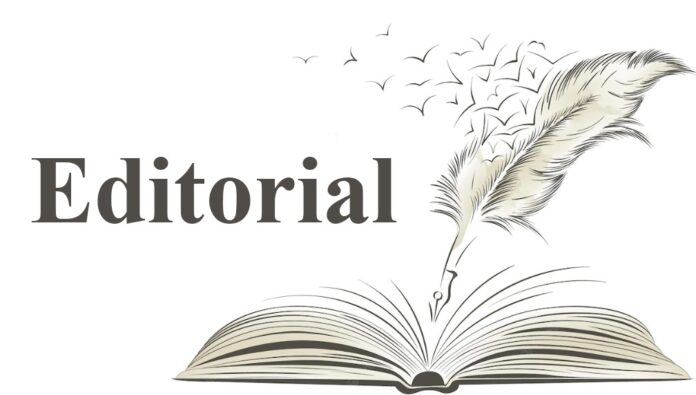By The Editor
The controversial BBC (British Broadcasting Corporation) documentary on 2002 Gujarat riots when Prime Minister Narendra Modi was Chief Minister of Gujarat state titled “India: The Modi Question”, was screened across Kerala on January 24 by various political organizations, including pro-left Students Federation of India (SFI). This stirred up hornet’s nest and BJP (Bharatiya Janata Party) youth wing immediately responded protesting against screening and taking out protest marches. Police were prompt in taking action against protesters and prevent conflict. Initially screening was carried out by SFI at Victoria College in Palakkad and Government Law College in Ernakulam with intention of spreading to other colleges of the state. Democratic Youth Federation of India (DYFI), the youth wing of ruling CPI (M) in Kerala, said it will screen the documentary not just in southerns state but across India. V.K Sanoj DYFI state secretary during interaction told reporters that screening the documentary is not anti-national as it has not been banned and so question of conflict in the state or country does not arise at all.
Members of the Hindu Sena on January 29 allegedly put up anti- BBC placards outside the broadcaster’s office of UK (United Kingdom) on Kasturba Gandhi Marg, New Delhi urging BBC to stop tarnishing India’s image as its action is a threat to India’s unity which were subsequently removed by police. Hindu Sena members accused BBC of also trying to malign image of both India and Prime Minister Modi and hence demanded that the channel be immediately banned in the country. Government moved Supreme Court for blocking the BBC documentary and hit out at those challenging Centre’s decision, namely veteran journalist N. Ram, activist lawyer Prashant Bhushan, Trinamool Congress (TMC) MP (Member of Parliament) Mahua Moitra, and lawyer M.L Sharma who claimed that BBC documentary has recorded facts which are also evidence and can be used to further the cause of justice for victims. Meanwhile, the UK government has defended BBC as media outlet “independent in its output” and the United States (US) expressing mixed responses.
Senior advocate Pinky Anand, appearing for petitioners alleged that BBC has been biased against India and Indian government and hence result of deep conspiracy against global rise of India and its prime minister. She argued that the broadcast is anti- Hinduism propaganda by BBC to destroy the social fabric of India. Those for ban on BBC documentary sought direction to initiate investigation against the alleged anti-India and anti-Indian government reporting/ documentary films/short films including its employee journalist in India and to submit inquiry report to SC and also to prosecute them if they are found guilty of offences under IPC (Indian Penal Code) and Information Technology Act, 2000. On February 10, Supreme Court declined to entertain Public Interest Litigation (PIL) filed by Hindu Sena seeking a ban on BBC documentary terming it “entirely misconceived and “absolutely meritless”.


